Afghanistan and Pakistan
Afghanistan and Pakistan have both faced substantial security and governance challenges over the past decade. In countries that are critical to our national security, progress is fragile, but our continued efforts remain vital.
In Afghanistan, we are working to support the country as our troops responsibly exit and transition authority to the Afghan people. In Pakistan, we are helping the country increase stability along its borders while expanding opportunity for millions who face poverty.
In both countries, we take accountability and transparency very seriously, working hard to overturn corruption and graft that harm development progress. In Afghanistan, we’ve increased oversight and monitoring through a new accountability initiative and in Pakistan, an anti-fraud hotline we established has helped stop waste and abuse.
In Afghanistan, we are focused on:
- Supporting self-sufficiency and institutional strength, so the country can take increasing responsibility for the security, health and welfare of its people.
- Expanding the reach of health and education, so the country can reverse its high rates of maternal and child mortality
- Strengthening the country’s economic growth, by supporting the country’s efforts to increase agricultural productivity and take advantage of its large mineral reserves.
- Increasing regional integration and trade, so the landlocked country can peacefully work and exchange goods and services with its neighbors.
In Pakistan, we are focused on:
- Overcoming energy shortfalls, a major limit to the country’s economic progress.
- Strengthening economic growth, to help address significant poverty that still plagues the country despite years of fast growth.
- Enhancing stabilization, so people can live in peace and find alternatives to extremism and violence, especially on the country’s border with Afghanistan.
- Expanding educational opportunity, so economic benefits can spread throughout the country and women can continue to play a more equal role in Pakistani society.
- Increasing the reach of public health systems, so the country can overcome incredibly high rates of child mortality and advance the eradication of polio.
In both countries, we’ve seen meaningful results.
- We’ve added over 450 megawatts of power to Pakistan’s grid, enough to provide power for more than 6 million people and provide 10 percent of the country’s current energy needs.
- In Afghanistan, our support of the public health system helped expand access to basic health services from less than 10 percent to nearly two-thirds of the country, leading to the fastest gains in lifespan and maternal and child health seen anywhere in the last decade.
- Enrollment in Afghan schools has increased from 900,000 boys and nearly no girls under Taliban rule, to eight million children today, more than a third of whom are girls.
- In Pakistan, we have renovated or built 500 schools and trained 12,000 teachers and 3,000 school administrators in the past three years alone.

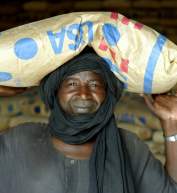


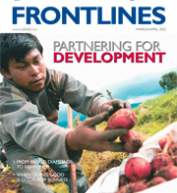
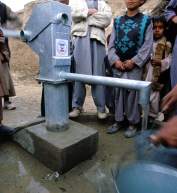
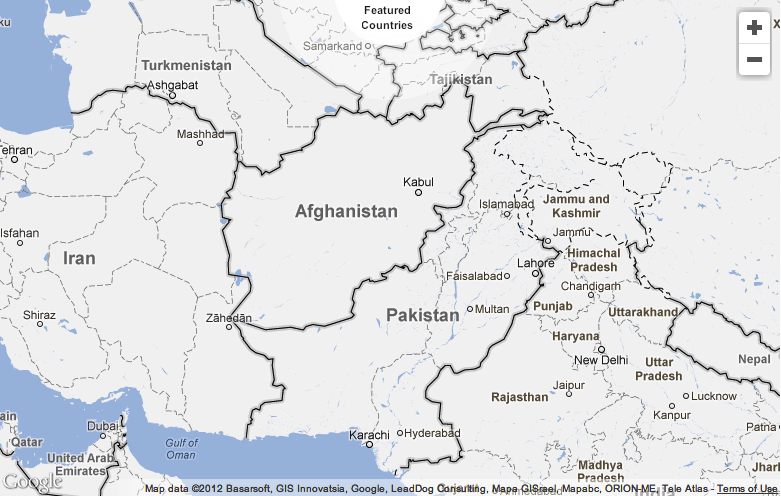

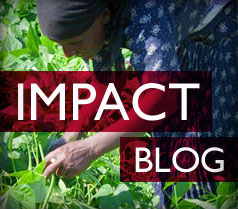
Comment
Make a general inquiry or suggest an improvement.